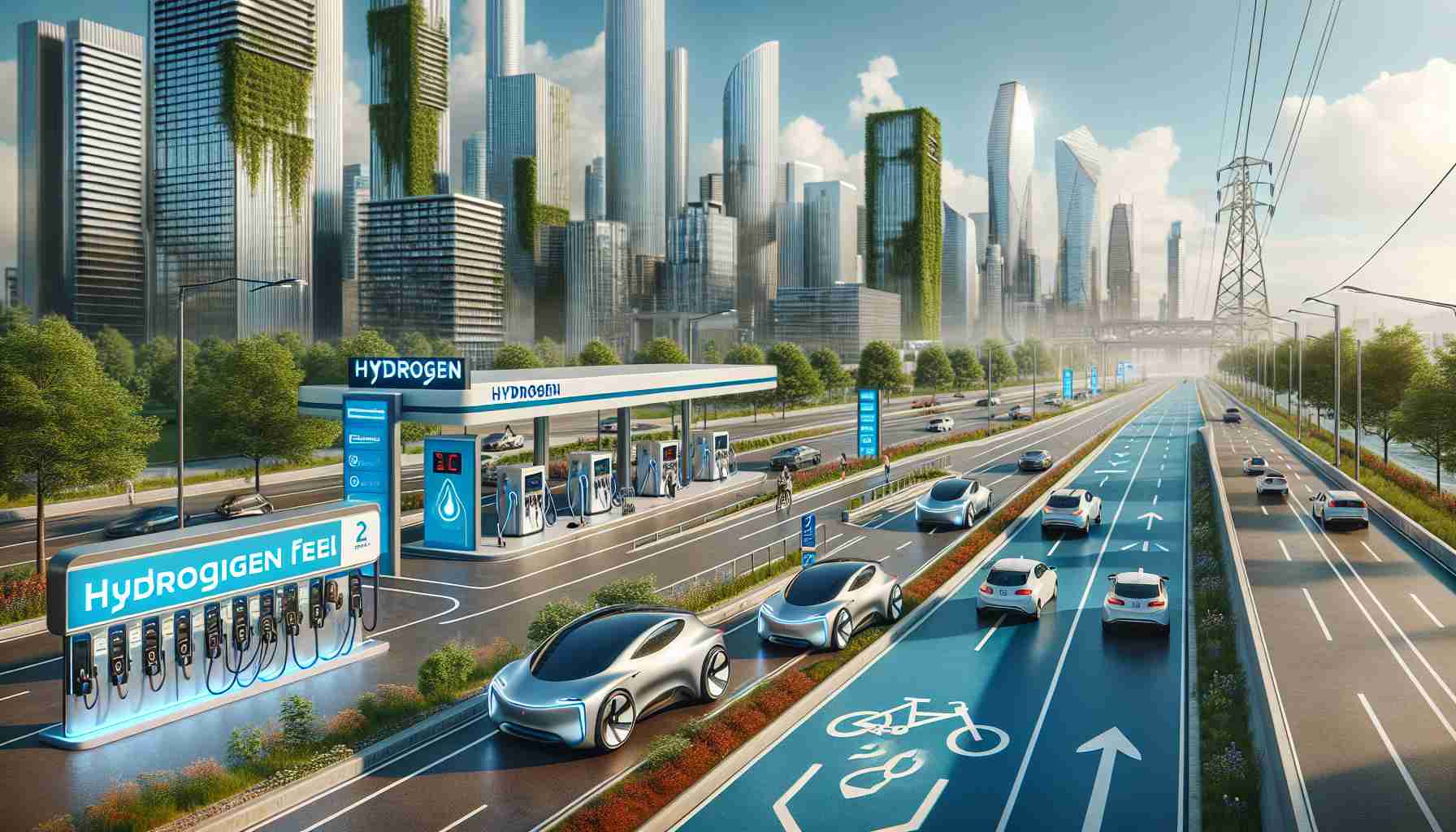Hydrogen-fueled vehicles have long been touted as a promising solution to reducing carbon emissions in the transportation sector. While they have yet to gain widespread popularity, recent developments in Canada indicate that this alternative fuel source may soon become more accessible to drivers across the country.
Currently, the Toyota Mirai is the only hydrogen-powered vehicle available for purchase in Canada. However, with only a handful of refueling stations in British Columbia and Quebec, the infrastructure needed to support these vehicles is still limited. The installation of hydrogen refueling stations is a costly and complex process, requiring significant investment from both the government and private sectors.
Despite these challenges, there are plans to expand the network of refueling stations in Canada. According to recent reports, Hydrogen Technology & Energy Corp. (HTEC) intends to invest $900 million in the construction of three new hydrogen production facilities and 18 additional refueling stations in British Columbia. This expansion is expected to support the growing demand for hydrogen fuel, particularly in the medium- and heavy-duty trucking industry, where the benefits of hydrogen as a clean fuel source are most pronounced.
The appeal of hydrogen-fueled vehicles lies in their ability to produce zero carbon emissions at the tailpipe. Unlike traditional electric vehicles that rely on battery power, fuel cell vehicles like the Mirai utilize hydrogen to generate electricity, with water being the only byproduct. However, the production of hydrogen itself can be environmentally impactful, depending on the method used. Electrolysis, the process of splitting water into hydrogen and oxygen using electricity, is considered the cleanest method of production, especially when powered by renewable energy sources like hydroelectric power.
While hydrogen-fueled vehicles still face challenges in terms of infrastructure and public acceptance, the future looks promising. As more refueling stations are established and investment continues to pour into the hydrogen industry, we may soon see an increase in the availability and adoption of these clean vehicles in Canada. The development of a sustainable hydrogen production and distribution network will be key in realizing the full potential of hydrogen as a fuel source and reducing our reliance on fossil fuels.
FAQ Section:
1. What is hydrogen fuel?
Hydrogen fuel is an alternative fuel source that can be used in vehicles. It is produced by splitting water into hydrogen and oxygen using electricity, with electrolysis being the cleanest method of production. When hydrogen fuel is used in fuel cell vehicles, like the Toyota Mirai, it generates electricity to power the vehicle, producing only water as a byproduct.
2. What are the benefits of hydrogen-fueled vehicles?
Hydrogen-fueled vehicles have the ability to produce zero carbon emissions at the tailpipe, making them a clean alternative to traditional gasoline-powered vehicles. They offer a longer driving range compared to battery-powered electric vehicles and can be refueled quickly, similar to filling up a gas tank.
3. What is the current availability of hydrogen-fueled vehicles in Canada?
Currently, the Toyota Mirai is the only hydrogen-powered vehicle available for purchase in Canada.
4. What is the status of hydrogen refueling stations in Canada?
Although there are only a few hydrogen refueling stations in British Columbia and Quebec, plans are underway to expand the network. Hydrogen Technology & Energy Corp. (HTEC) intends to invest $900 million in the construction of three new hydrogen production facilities and 18 additional refueling stations in British Columbia.
5. What are the challenges facing hydrogen-fueled vehicles?
One of the main challenges facing hydrogen-fueled vehicles is the limited infrastructure, including the availability of refueling stations. The installation of refueling stations is costly and complex, requiring significant investment from both the government and private sectors.
6. How can hydrogen production be environmentally impactful?
While hydrogen fuel itself produces zero carbon emissions, the production of hydrogen can have environmental impacts depending on the method used. Electrolysis, the process of splitting water into hydrogen and oxygen, is considered the cleanest method of production, especially when powered by renewable energy sources like hydroelectric power.
Related links:
– Hydrogen Technology & Energy Corp. (HTEC)
– Toyota Mirai
